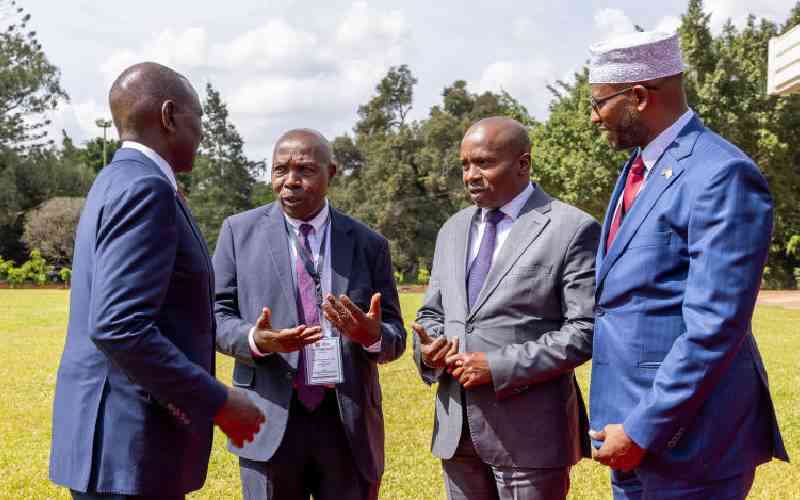×
The Standard e-Paper
Fearless, Trusted News

While devolution was designed to bring government closer to the people, many county leaders have become symbols of corruption, waste, and impunity.
The promise was simple: shift key services and resources to the counties to empower local leaders to drive progress and improve citizens' lives. Yet, years into the devolution experiment, the reality is marked by chest-thumping, corruption, mismanagement, and political chaos.